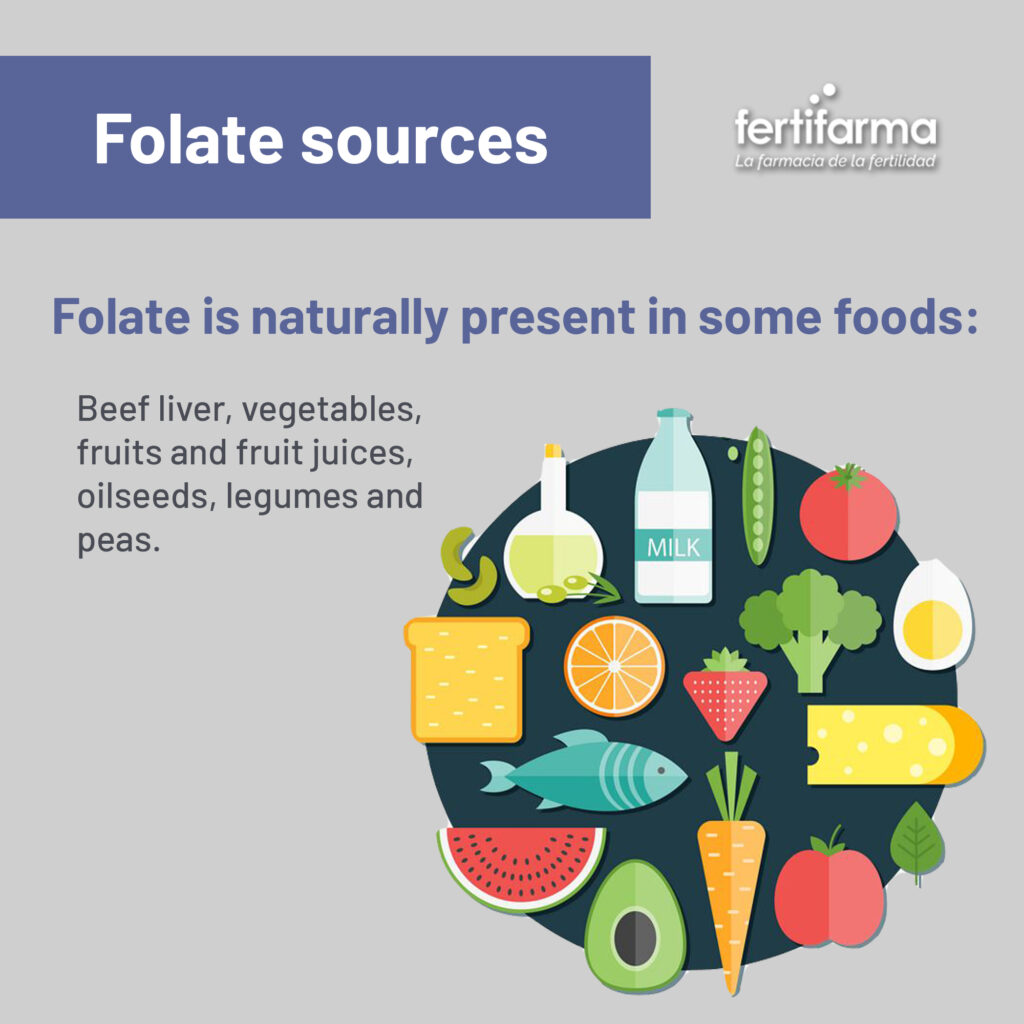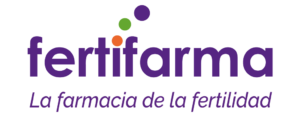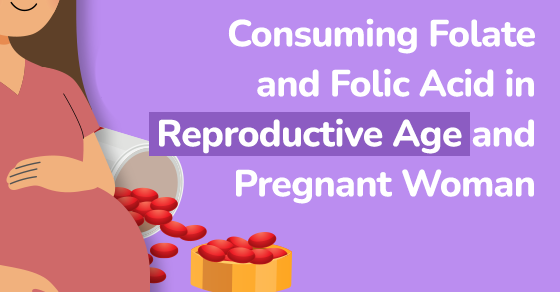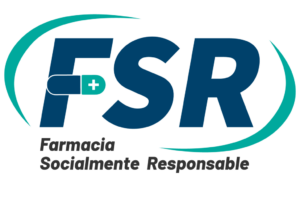Folate is a B-vitamin that is naturally present in many foods. Your body needs folate to make genetic material (deoxyribonucleic acid -DNA-) and for our cell division. These folate functions are essential in fertility and must be considered when it comes to pregnancy. Another form of folate is known as folic acid, it’s used in the fortified foods and dietary supplements.
How much folate do I need?

It all depends on your physiological stage, overall, we need to consume very small amounts of folate; they are measured in micrograms (mcg or mg) of dietary folate equivalents (DFEs). The amount of folate a given person needs will depend on their age and physiological state (for example, pregnancy and lactation).
| Age or physicological condition | Recommended amount mcg o mg DFEs |
| Teens 14 – 18 years | 400 |
| Adults 19 + years | 400 |
| Pregnant teens and women | 600 |
| Breastfeeding teens and women | 500 |
The international recommendation is that all women in reproductive age (including teenagers) who could become pregnant should consume 400 mcg of folic acid daily from supplements, fortified foods, or both in addition to the folate they get from following a healthy eating lifestyle. The Folate supplementation is essential for fertility and pregnancy and thus there is a wide accessibility, and the price is affordable.
Folate sources
Folate is naturally present in some foods, and folic acid is added to some foods. You can get the recommended amounts by eating a variety of foods, including the following.
Folate is naturally present in:
- Beef liver
- Vegetables (especially asparagus, brussels sprouts, and dark green leafy vegetables such as spinach.)
- Fruits and fruit juices (especially oranges and orange juice)
- Nuts, beans (such as peanuts, black-eyed peas, and kidney beans)

When you are planning your pregnancy or if you are already pregnant, consider that it is important to remember that food contains the nutrients we need, however, in some cases, fortified foods and dietary supplements are useful when it is not possible to meet the needs of some nutrient specifically as could be the case of folate during pregnancy.
Folic acid is added to the following foods:
- Enriched bread, flour, cornmeal, pasta, and rice
- Fortified breakfast cereals
- Fortified corn masa flour (used to make corn tortillas and tamales, for example)
To find out whether food has added folic acid, look for “folic acid” on its Nutrition Facts label.
Other Folic acid supplements.
Folate is available in multivitamins and prenatal vitamins. It can also be obtained in dietary supplements that contain only folate or folate with iron. In dietary supplements, folate is usually in the form of folic acid, but methyl folate (5-methyl-THF) is also used. Dietary supplements containing methyl folate might be better than folic acid for individuals who have a certain mutation in a gene called MTHFR because their bodies can use this form more easily.
Effects of insufficient folate intake in pregnant woman
Women who don’t get enough folate are at risk of having babies with neural tube defects, such as spina bifida. Folate deficiency can also increase the likelihood of having a premature baby or low weight baby.
Remember that taking folic acid before becoming pregnant and during early stages of pregnancy helps prevent neural tube defects (NTD) in babies. These are major birth defects in a baby’s brain (anencephaly) or spine (spina bifida). The fact is that about half of all pregnancies are unplanned. Therefore, all women and teen girls who could become pregnant should consume 400 mcg of folic acid daily from supplements, fortified foods, or both, in addition to the folate they get from an intake of a healthy diet.



